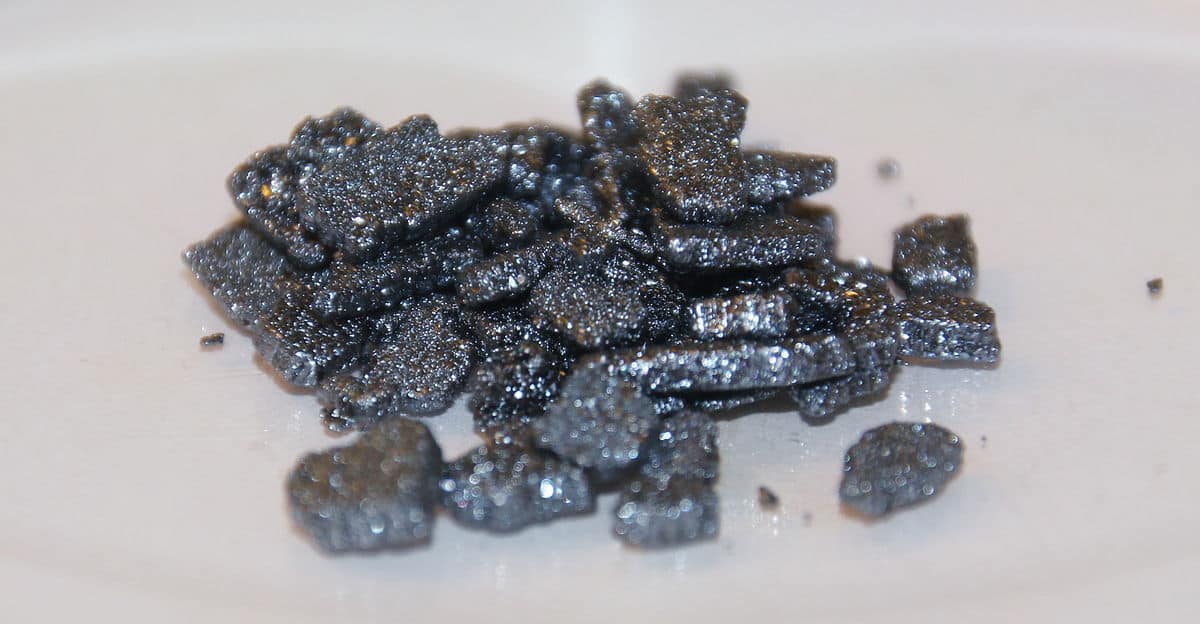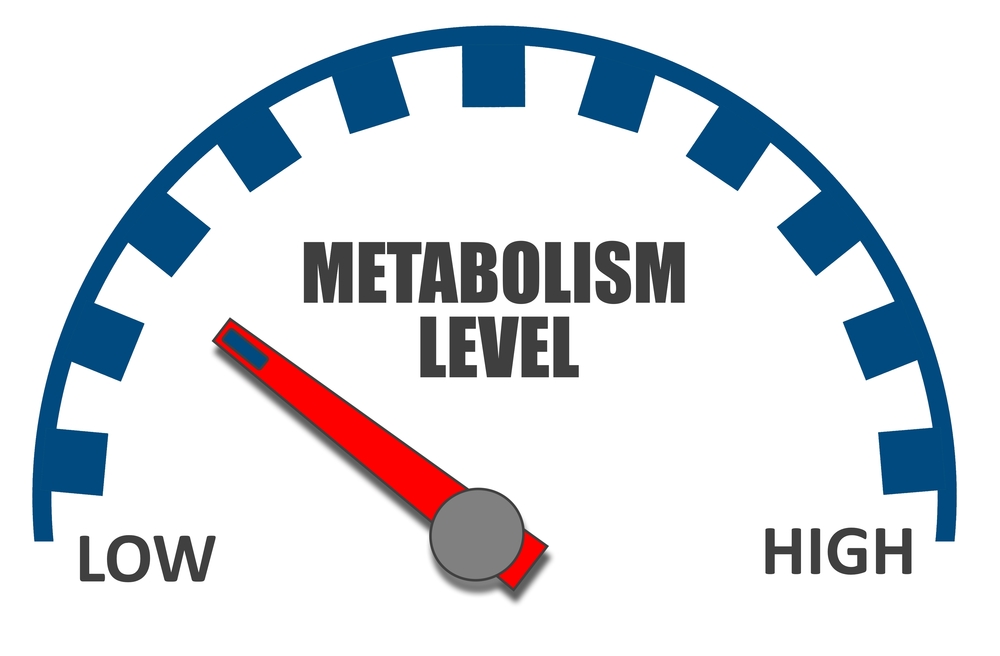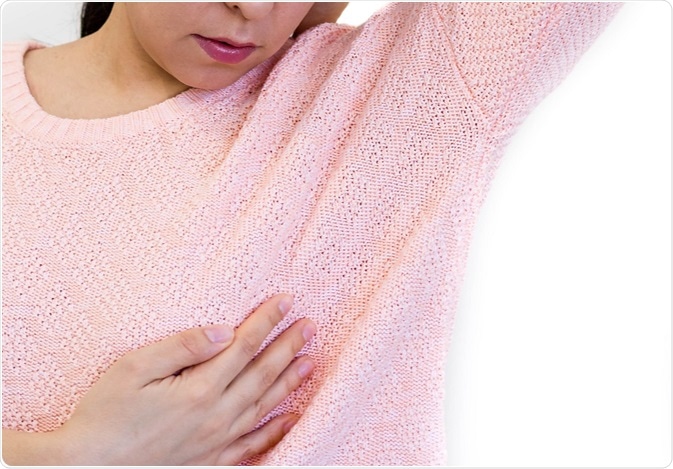You have doubtlessly heard of the value of essential minerals such as magnesium and selenium for staying healthy and energetic at any age. But how much do you know regarding iodine?
By reading the below article you can able to know everything about Iodine.
[product sku=”INLF-167″]Firstly Know The History Of Iodine
The fact is that iodine is used just for about every function in the human body. The number of people is unaware of their body’s requirement for iodine, and that iodine deficiency has reached epidemic proportions worldwide.
Iodine health benefits consider supporting healthy metabolism, retaining energy level, supporting hair and also skin health, supporting fetus development, giving stronger immunity and hypothyroidism prevention. Other advantages include treating fibrocystic diseases, preventing cancer, facilitating apoptosis, removing toxins and also curing goitre.
Iodine is a vital trace metal that the human body needs to function correctly and decrease the chances of thyroid cancer. This article discusses the few fantastic ways that the body can use iodine.
The modern research discovered iodine in the year of 1811, by accident. It was trying to extract potassium and also few sodium compounds from seaweed and added sulfuric acid to what was left. This caused a purple cloud to emit in the lab and then a condensed form of iodine started gathering on metal objects in the room.
Iodine much like copper is needed in trace amounts by the human body to function fully; it has a direct collision on the thyroid gland, which is responsible for the physical and also mental development. In the earlier stage of 20th-century iodine was added to table salt to evade the medical condition known as goitre.
The documented discovery of iodine dates back 200 years, but iodine has been a part of treatment for few women who suffered from goitres for 5,000 years. They ate seaweed to decrease the abnormality and cure it. Fish and shellfish are also a part of the regular diet for people suffering from goitres.
What Is Iodine Or Iodine Solution?
Iodine is the largest of the stable halogens and is a chemical element. It has many oxidation states, iodide, iodate and various periodate anions. Iodine is not plentiful in its solid form, and it is a radio contract metal in the chemical world. The largest producers of iodine are Japan and Chile.
It contains mineral nutrients, which are necessary for the thyroid glands to produce adequate hormones. Iodine deficiency can be the cause of thyroid cancer.
Iodine used by the thyroid gland synthesises its secretions, which affect the metabolic system of your body positively affecting the heart’s function, increasing nerve responses. Iodine is linked to the evolution process of women who are expecting, which is why they should keep their iodine intake at an optimum level to reduce the chances of an underdeveloped child.
Why Should I Take Iodine?
Everyone should consider iodine-rich whole foods in their regular diet. Those encounter infertility, constipation, mood disorders, and those with mental or physical impairments or planning to get pregnant should include consistent iodine supplementation.
It’s extremely essential for those planning to conceive to have optimum iodine levels. Low maternal iodine has been linked to autism (source), physical and mental growth issues, mental retardation, and cretinism.
Continue taking iodine through breastfeeding to ensure your baby has an adequate supply of iodine, too.
Do We Require Iodine?
Iodine is an essential trace element that is stored in every organ in the human body, but over 60%-70% of the body’s supply is found in the thyroid. Iodine is also crucial for brain function, and muscle and also skin health.
Though iodine is important to a wide number of bodily functions, the essential function of iodine occurs in the thyroid. Without iodine, no thyroid hormones would be produced.
These hormones control metabolism, remove toxins, and also use other iodine minerals, like calcium.
Unfortunately, bromine, establish in processed bread products, and also fluoride, found in toothpaste and added to the water supply, deplete iodine in the body.
With the majority of people brushing with fluoride, then washing it down with more fluoride, and taking high amounts of processed bread products, we find ourselves in an even more profound deficiency.
What Are The Signs And Symptoms Of Too Much Iodine?
Taking too much iodine is hazardous. Monitor your signs and symptoms when supplementing iodine, as consuming too much iodine can result in the conditions below.
- Mouth or throat burning (if a high dose is taken)
- Thyroid cancer or inflammation
- Goiter.
Remember that those taking few particular prescriptions should not supplement iodine (see above).
The National Institute for Health notes these doses and usage as the maximum level of iodine that should be consumed daily (source):
The Recommends Are:
- Birth to 1 Year: No amount specified
- 1-3 Years can take: 200 mcg in a day
- 4-8 Years can take: 300 mcg in a day
- 9-13 Years can take: 600 mcg in a day
- 14-18 years can take: 900 mcg in a day
- Adults can take: 1,100 mcg in a day.
Iodine is called as an essential mineral that should be a principal in your whole foods diet. It is especially critical for those trying to conceive, as well as pregnant and also nursing moms to have a sufficient intake of iodine in their daily diet or supplement regimen.
Those who are suffering from metabolism issues and hormonal imbalance, including thyroid diseases, could also find relief through supplementing iodine, although it should be done with caution.
What Is An Iodine Deficiency?
You need a definite amount of iodine in your body for it to make a chemical called as thyroid hormone. Thyroid hormone regulates your metabolism and other essential body functions.
Low levels of iodine are not the only reason for low thyroid function. But a lack of iodine can cause an abnormal expansion of the thyroid gland, known as a goiter, and other thyroid issues. In children, it can cause mental disabilities.
Your body doesn’t organically make iodine, so the only way to get this nutrient is through your diet. Adults typically need 150 micrograms (mcg) per day. Pregnant and also breastfeeding women need 200 mcg per day. Iodine is found in a large number of foods.
Iodine deficiency affects about 2-3 billion people worldwide. It’s most common in developing countries where the population may lack access to enough healthy food. But it can also affect few people in many developed nations who lack an adequate regular diet or whose bodies don’t precisely process iodine.
Pregnant women need more iodine amount than any other group of people. Because of this, they’re likely to experience a deficiency if they don’t make a conscious effort to take high-iodine foods.
What Are The Signs Of Iodine Deficiency?
Signs and symptoms of iodine deficiency consider:
- Swelling of the thyroid glands in the neck place
- This can cause a visible lump, called a goitre, to form on the surface of your neck.
- Low levels of thyroid hormones (hypothyroidism)
- Hypothyroidism typically causes symptoms that can include:
- Fatigue
- Increased sensitivity to cold
- Constipation
- Dry skin
- Weight gain
- Thinning hair
- Puffy face
- Muscle weakness may occur
- Elevated blood cholesterol levels
- Pain or stiffness in the muscles and also in joints
- Slowed heart rate
- Depression
- Poor memory
In infants, hypothyroidism is likely to cause symptoms like:
- Frequent choking
- Large tongue
- Extreme sleepiness
- Puffy face
- Constipation
- Poor muscle tone
In children and teens, this condition may cause:
- Poor growth
- Delayed tooth development
- Poor mental development
- Cognitive issues
Symptoms can include:
- Low IQ
- Trouble learning
- Mental disabilities (especially in children)
What Are The Food Sources Of Iodine? And How To Get Iodine In Your Diet?
Below are the food sources of Iodine
As a trace element, it is needed by the body in lesser amounts to keep up with the daily functions of the human body and also mind. Here is a list showing all the food sources of iodine.
- Sea vegetables
- Cranberries
- Organic yoghurt
- Eggs
- Organic strawberries
- Raw, organic cheese
- Organic potatoes
- Cod
- Himalayan pink salt
- Shrimp
- Navy beans
- Dried Prunes
- Fish
- Iodized table salt
- Nuts
- Meats
- Bread
- Dairy products.
Iodine is mainly a part of the thyroid but is available in all bodily tissues and organs to keep us alive and well. Taking iodine in the form of food sources is the best choice for everyone.
What Are The Iodine Benefits?
Below are the amazing health benefits of Iodine, if a person consumes in an adequate amount. And iodine uses in everyday life.
1. Promotes Healthy Metabolism
It retains your thyroid functionality running correctly as it constructs two hormones, thyroxine and also triiodothyronine, both of which affect the Base Metabolic Rate, that is answerable for the body to assimilate nutrients correctly and move them throughout the body and also aids enhance your sleep cycle.
The secretions from thyroid glands have a direct effect on cognitive health and growth.
2. Energy Level Maintenance Can Be Done
Iodine has a significant role in breaking down fats and also complex carbohydrates by continuing a healthy metabolic rate. Your metabolism aids keeping the body energetic by absorbing nutrients efficiently while at the same time it eliminates fat retention.
Fats frequently make the body and mind lethargic, and here, iodine guarantees the energy levels remain adequate.
3. For Hair And Skin Care
As much as a suitable salt scrub can do for your skin, the benefits of iodine for the skin are not restricted to this. Iodine deficiency has been linked to hair loss – iodine aids strengthen your hair follicles, enhance hair growth. Plus, it also aids revitalise skin cells.
4. Fetus Growth
Cretinism and stillbirths are common between women that are diagnosed with an iodine deficiency. This deficiency is linked to hypertension, which significantly affects the sense of hearing and other developmental capacities of the child. The child can be born lacking in iodine and may have disproportion.
The necessity of iodine is such that its deficiency can cause infertility in women. Women who are expecting need a stable intake of iodine as it is being utilised daily by the women body and will become a part of the child’s feed.
5. For Stronger Immunity
It aids the body to retain hydroxyl radicals such as vitamin C and encourages the activity of these antioxidants in the human body. The adequate utilisation and facilitation of antioxidants lead to a stronger defence mechanism in the body.
Few studies conducted on rats have shown that iodine consumption targeted the effects of free radicals on their brains.
6. Helps In Hypothyroidism Prevention
Its deficiency can be the cause number of abnormal functions in the body, hypothyroidism being one. This condition influences the activity of the thyroid gland and slows it down notably, which leads to an insufficient metabolic function, which can slow down many other regenerative and absorption procedure in the body.
This also leads to uncontrollable weight gain as the body is no longer breaking down fats properly and it starts accumulating them instead. Hypothyroidism results in severe fatigue, dry skin and adversely affect regular brain activity.
7. Helpful In Treating Fibrocystic Diseases
A famous study conducted on the effects of iodine molecules on fibrocystic growths has demonstrated the effects of this metal in averting such extensions.
It has to control the stimulating properties that prevent fibrosis, breast tenderness, and also turgidity.
8. Helps In Cancer Prevention
It is strongly linked to the depletion of thyroid cancer; it also has a similar effect on all cancerous growths and cells. Observations are showing the reduction of cancerous growths after one is injected into them. It keeps anti-carcinogenic properties that affect all cancers negatively including breast cancer.
Above all are the benefits of Iodine, make sure that your body is getting an adequate amount of Iodine or not. If not, consume in the form of foods or you can also opt Iodine ayurvedic best supplements, as you know that Iodine affects the most basic functions of the human body; iodine deficiency can open doors to some chronic diseases hence eat the recommended foods to maintain healthy bodily functions.
[product sku=”INLF-13″]









